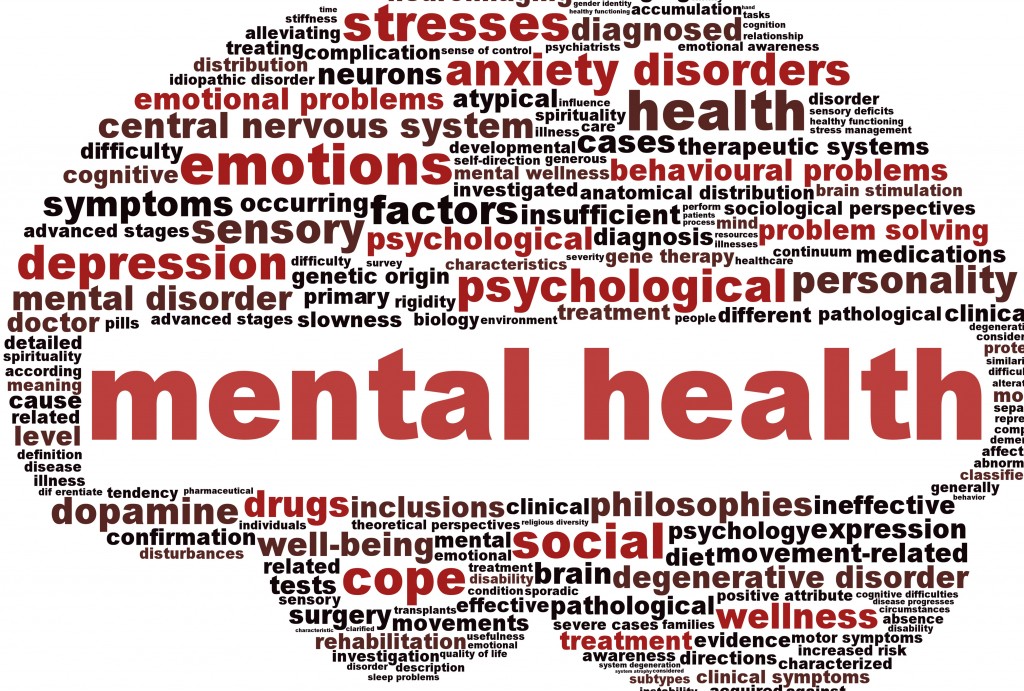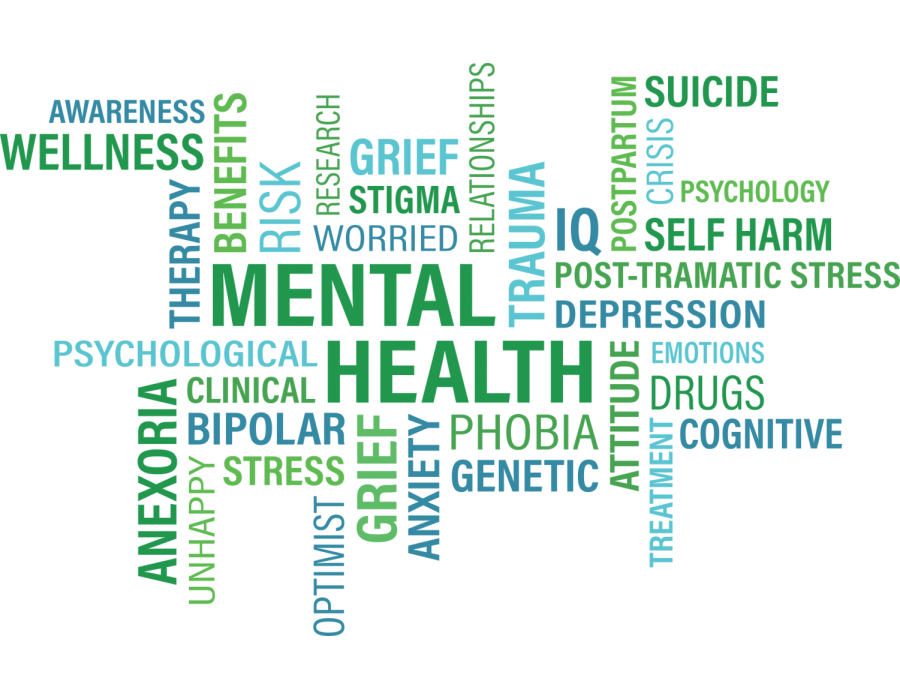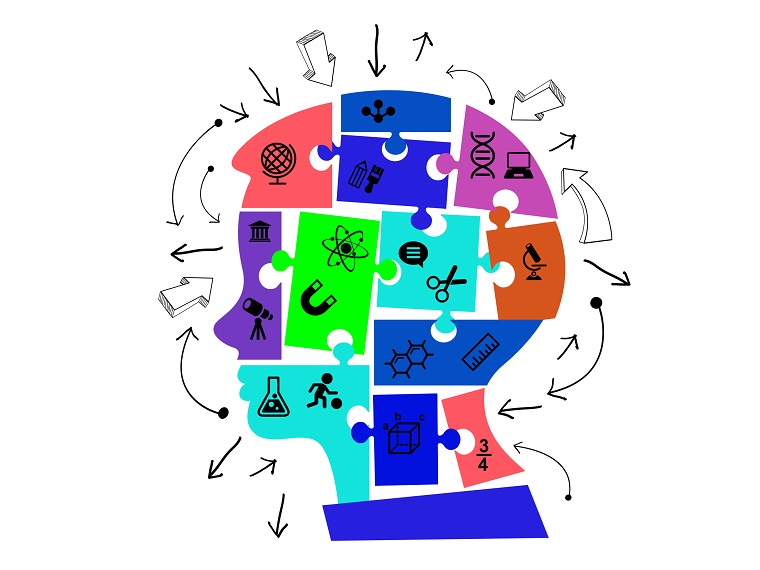
Our mission is to create a Stigma free community that fosters a shared approach to mental wellness—free of shame and embarrassment. We are committed to eliminating the stigma surrounding mental illness through education, training, and providing access to cost-effective, high-quality care.
We are proud to say that Untangled Psychology has been focused on community-level systemic change. Through close collaboration with local stakeholders including: teachers, village & community leaders, local governments, and clinicians—we have been able to continuously modify our programs to deliver a human-centered approach to mental health care.
With a vision of Widening the horizons of Mental Health to ensure its recognition, importance and acceptance as a necessary component of society, Untangled Psychology has a laser sharp focus on Inclusion. We do so by placing emphasis on sensitizing, educating and enabling the participation of not just family but also immediate and larger communities within society. We aim to change perceptions on Mental Illness by awareness outreach and networking within the various social communities that are relevant to the reintegration of people with Mental Illness.
What is Mental Health?
Mental health refers to cognitive, behavioral, and emotional well-being. It is all about how people think, feel, and behave. People sometimes use the term “mental health” to mean the absence of a mental disorder.
“Mental health is a state of well-being in which an individual realizes his or her own abilities, can cope with the normal stresses of life, can work productively, and is able to make a contribution to his or her community.”
The WHO stress that mental health is “more than just the absence of mental disorders or disabilities.” Peak mental health is about not only avoiding active conditions but also looking after ongoing wellness and happiness.
They also emphasize that preserving and restoring mental health is crucial on an individual basis, as well as throughout different communities and societies the world over.

Common Risk Factors
> Family history of mental health problems
> Traumatic life experiences, such as rape or serving in the armed forces
> Use of alcohol or drugs
> Poor nutrition and lack of sleep
> Stressful life situations, such as financial problems or breaking the law
> Recent loss, either by death, divorce, or other means
> Being in an abusive relationship or friendship
> Conflicting thoughts or doubts surrounding deep religious beliefs
> Low self-esteem, perceived incompetence, negative view of life
> Bullying, either as the victim or perpetrator
Common Protective Factors
> Secure Attachment as a child
> Healthy diet, exercise, and development
> Reliable support and discipline from caregivers
> Emotional self-regulation
> Ability to make friends and get along with others
> Supportive relationship with family
> Participation in sports team, club, community, or religious group
> Economic/Financial Security
> Subjective sense of self-sufficiency
> Good coping skills and problem solving skills






